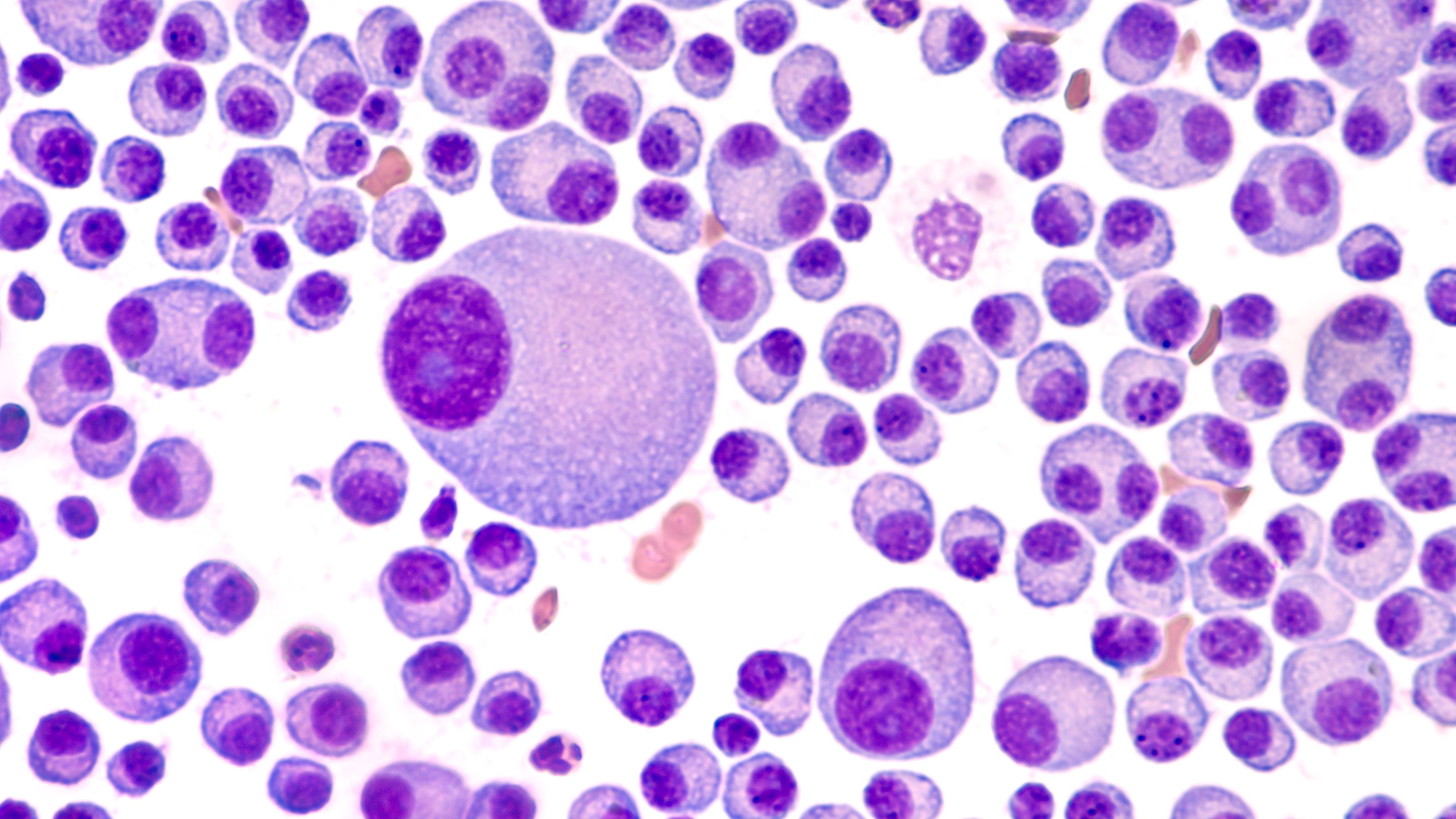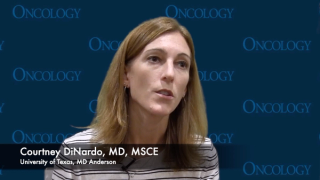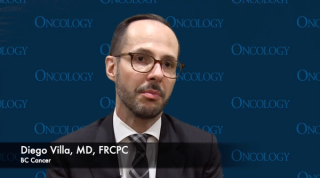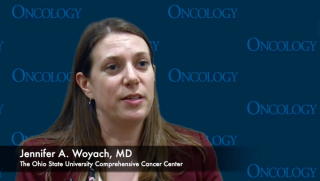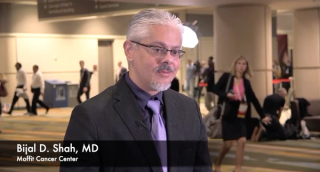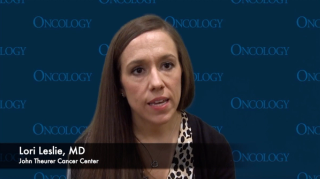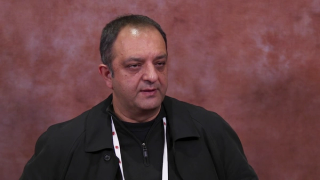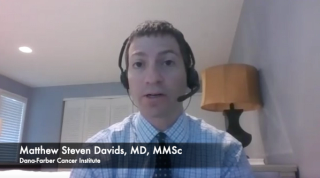
Leukemia
Latest News
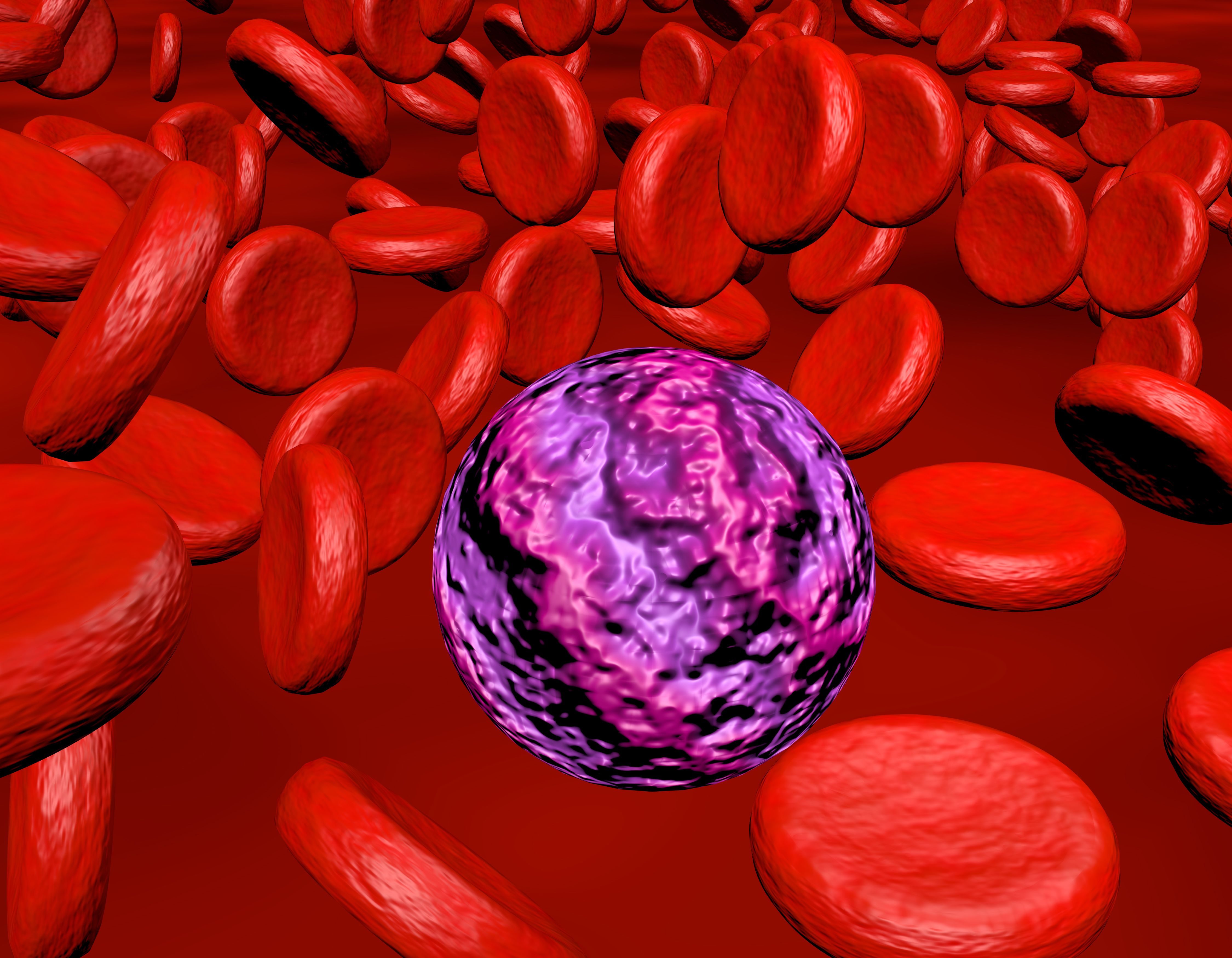
Latest Videos

CME Content
More News

Data in The Lancet promoted a tolerable safety profile and future feasibility of UCART19 administration among patients with relapsed and refractory B cell ALL.

The FDA has granted breakthrough therapy designation to asciminib for the treatment of adult patients with Philadelphia chromosome–positive chronic myeloid leukemia in chronic phase who have been previously treated with 2 or more tyrosine kinase inhibitors; or who harbor the T315I mutation.
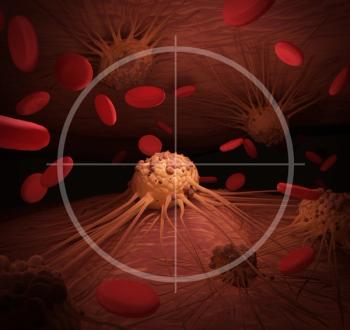
These data are the first to demonstrate that JSP191 is safe and effective in in older adult patients undergoing nonmyeloablative allogeneic hematopoietic cell transplantation for MRD-positive acute myeloid leukemia or myelodysplastic syndrome.

Tisagenlecleucel has already received FDA approval and is now available at some treatment centers, thereby imparting significance to results about tocilizumab use in patients at-risk for severe cytokine release syndrome.
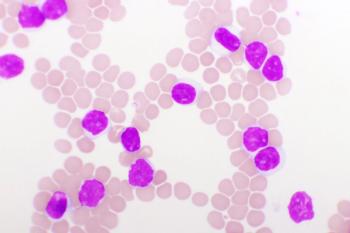
When also considering age and Rai score, the effect of Charlson comorbidity index score on mortality was found to be statistically nonsignificant for patients with chronic lymphocytic leukemia, although higher scores were associated with worse overall and relative survival.

Based on the results of an analysis, investigators suggested that if high-dose daunorubicin and cytarabine is the selected consolidation treatment for younger patients with acute myeloid leukemia, a fourth course of therapy is likely beneficial for most.

Data published in JAMA Oncology found boosts in quality of life in addition to improvements in depression, anxiety, and posttraumatic stress symptoms for patients with acute myeloid leukemia receiving integrated palliative and oncology care.
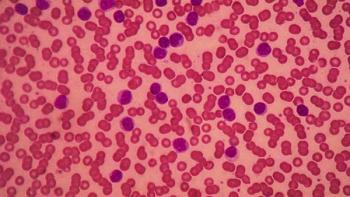
Overall, the phase 3 ELEVATE-RR trial demonstrated efficacy of acalabrutinib and a safety and tolerability profile that with was consistent with that observed in the broader acalabrutinib clinical development program.

Findings from a phase 1/2 trial indicate that lisocabtagene maraleucel plus ibrutinib may represent a viable treatment option for patients with heavily pretreated chronic lymphocytic leukemia or small lymphocytic lymphoma and high-risk disease features.

The leukemia expert talks about how current findings may hold promise for a larger group of patients in the future.
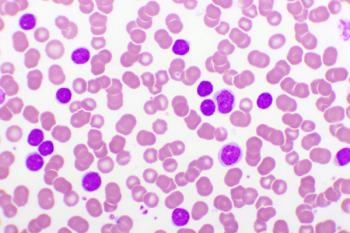
TBI Plus Etoposide Prior to HSCT Leads to Improved OS, Lower Relapse Risk in High-Risk Pediatric ALL
Based on recent study results, investigators recommended TBI plus etoposide for patients older than 4 years of age with high-risk ALL undergoing allogeneic hematopoietic stem cell transplantation.
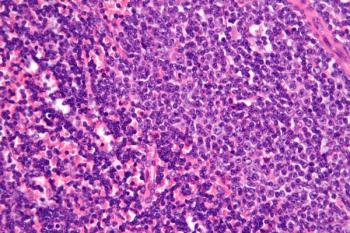
A recent study revealed that by using standardized uptake value thresholds as determined by 2-[18F]-FDG PET/CT, investigators were able to predict the occurrence of Richter syndrome in patients with CLL.

IDH1/2 mutations have been detected in nearly 20% of patients with acute myeloid leukemia.

The addition of the monoclonal antibody blinatumomab to hyper-CVAD could represent a potential option for extending remission times in patients with Philadelphia chromosome–negative B-cell acute lymphoblastic leukemia.

“Based on the results of the QUAZAR study, it is very exciting to think that, by taking a tablet that is relatively well tolerated, we can help reduce relapse risk and improve survival,” lead study author Andrew H. Wei, MB, BS, PhD, said in a press release.
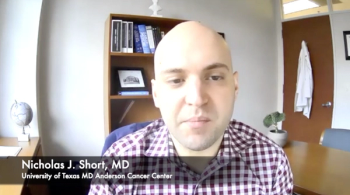
Short expanded on the future of acute lymphoblastic leukemia and transplantation necessity at the 2020 ASH Annual Meeting & Exposition.
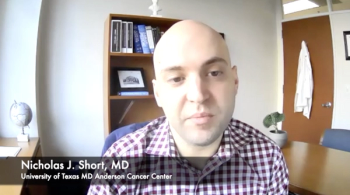
Short described the importance of the time point of CR outcomes for patients treated as part of an ALL study presented at the 2020 American Society of Hematology Annual Meeting & Exposition.

The leukemia expert discussed the clinical implications of findings demonstrating improved response for patients with acute myeloid leukemia with IDH mutations.
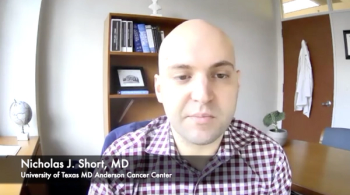
Short discussed currently available assays for MRD detection, blinatumomab treatment, and other implications from an ALL study presented at the 2020 ASH Annual Meeting.

The leukemia expert offered an overview of agents approved by the FDA this year.

Dan Pollyea, MD discusses the response rate and overall survival of venetoclax for patients with acute myeloid leukemia with IDH mutations.
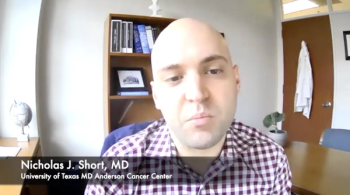
Short summarized the NGS-based MRD findings from his ALL study presented at the 2020 ASH Annual Meeting.

Based on the recommendation of an independent data monitoring committee, Astellas has halted enrollment in the trial and is reviewing the results for further actions needed.

The FDA approved the supplemental new drug application for ponatinib (Iclusig) to treat patients with chronic-phase chronic myeloid leukemia (CML) with resistance or intolerance to at least two prior kinase inhibitors.
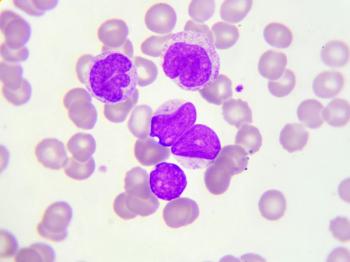
Pollyea discussed the rationale behind a study of venetoclax and azacitidine for patients with acute myeloid leukemia with IDH mutations





